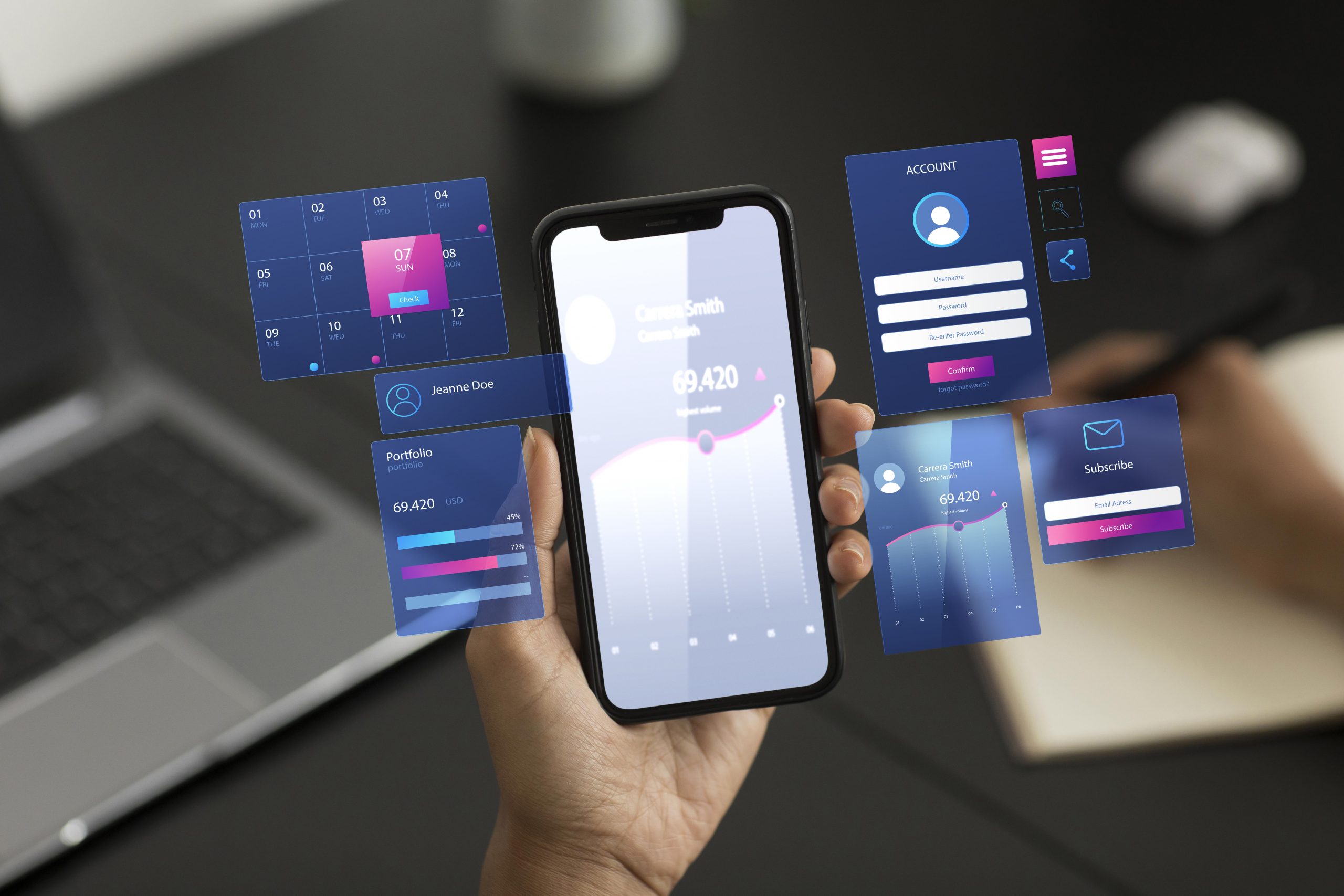

The Internet has opened up a new world of scamming, but phone scams are still prevalent and are becoming increasingly sophisticated. Statistics from this month, based off reports from the Australian Competition & Consumer Commission, suggest that the phone is still the most popular delivery method amongst scammers. Phone scams are also responsible for the most financial loss.
Here are some of the most popular types of phone scams and how you can avoid them.
The Federal Trade Commission reports that most scams impersonating a government officer are initiated by phone. The imposter can tell you to send money to pay off a debt or fees. They may use your details to steal your identity and make claims on your behalf.
Any government agency would not engage in bullying behavior or call you unsolicited about an urgent issue. Opt to hang up and call the government agency on its advertised line for the assurance that there is no real issue with your account.
Another popular ploy is claiming to be a grandchild or other relative asking for money in an emergency. These callers usually ask for money for urgent medical care.
It is best practice not to send money to anyone without verifying the person’s identity. Insist on talking it over with someone in your family or a friend. If you can identify it as a scam early, hang up the phone. Another tactic is requesting the information in writing along with some proof of identity.
Related: How to Avoid Email Scams
A common scam is for the scammer to pretend to be a charity. This is particularly an issue after natural disasters. Some scammers take advantage of a person’s willingness to help the community affected.
Be aware of the warning signs that a charity is fake. Taking a bit of extra time to verify the callers identity ensures your donation is reaching those in need. This will mean verifying the identity of the caller prior to providing any personal information.
Many scammers pose as your bank and claim that your bank account has been compromised. This sets up an urgent need to obtain your personal information. In some cases, you are transferred to a “police officer” who is supposedly investigating the fraudulent activity.
Educate yourself about what these scams sound like and err on the side of caution. Do not provide any detail to a caller from your bank in an unsolicited phone call. Insist on calling your bank independently to verify any issue with your account.
One way to decrease the number of scam phone calls you receive is apps that use crowdsourcing to flag callers involved in scams or frauds and block them. Some of these apps are Hiya, Truecaller and Whoscall that are all available for Android and iOS. Find out the best app for your area by researching reviews.
If a call does make it through this net, you are well advised to hang up or ask for some kind of verification of their identity. It saves to be skeptical of unsolicited phone calls in these times where phone scams are rife.

I’m a Nerd and very proud of it! I love to write about anything Tech related. Subscribe to our blog for helpful tips, tricks & news.




